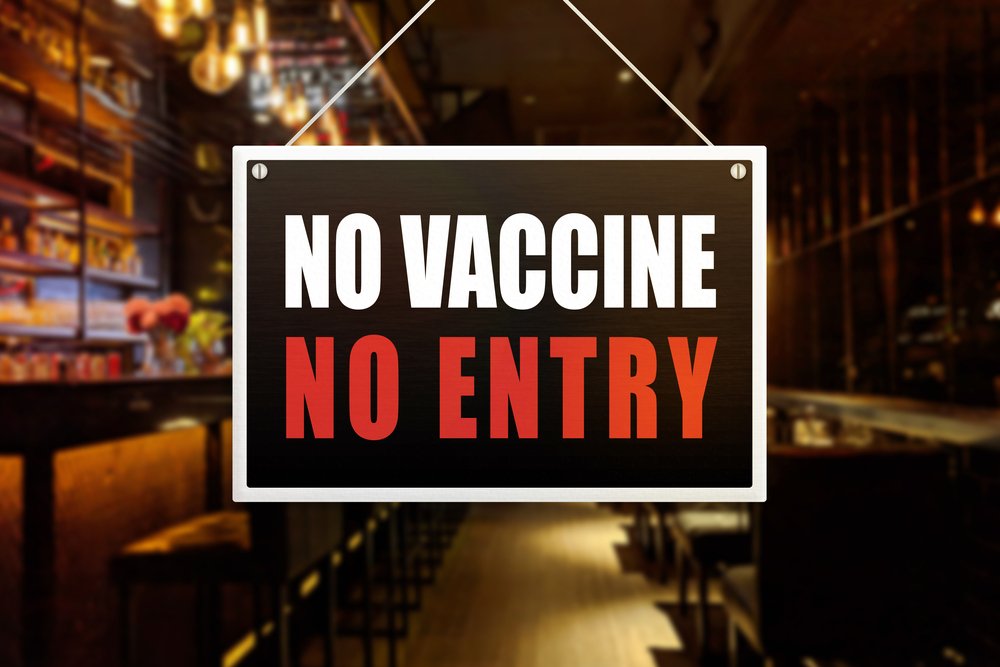NASSAU, BAHAMAS — As new restrictions against unvaccinated people begin to be implemented in some jurisdictions, the Pan American Health Organization (PAHO) said yesterday that it does not recommend similar restrictions for those who have yet to receive the jab in the region.
Fewer than 25 percent of the Latin Americas and the Caribbean have been vaccinated.
The region has become an epicenter for COVID, with surges of cases and hospitalizations pushing healthcare systems to capacity.
As part of the push to vaccinate their populations, jurisdictions such as Greece, the United States and Europe have introduced an increasing number of restrictions for those who have not receive a COVID shot.
Freedom to travel, socialize, engage in leisure activities, and even work is being increasingly determined by COVID vaccination status in these jurisdictions, though the jab remains voluntary.
Noting that societies with higher percentages of vaccinated people better protect the population from severe cases, hospitalizations and deaths, PAHO Director of Emergencies Dr Cari Ugarte said:
“Those populations are in better shape to take international travel and many countries including in the Caribbean are adopting certain measures to facilitate the travel of international travelers to people who got vaccinated.
“But because most of the population in the world is still lacking the vaccine, we do not recommend that as a restriction.
“But yes, of course, it is a measure that many countries are using for example to reduce to reduce quarantine, to reduce isolation and to facilitate the movement of those people ensuring that at all times both the tourist industry personnel and the cruise ship crews are fully aware of the situation; and they do have the early detection capacity; and the ability of the health services to cope with an increase of cases among the tourists, but also in local populations.”
Ugarte noted that tourism, as well as other areas of the economy, need to resume in countries, particularly those in the Caribbean, whose income comes from tourism.
He said PAHO continued to advise on resuming tourism, and how to approach the cruise ship industry and ports, as well as the risk analysis on areas where tourists will visit.
Non-essential travel has been largely discouraged.
The Centers for Disease Prevention and the US Department of State advised Americans to avoid traveling to The Bahamas due to the high risk of COVID-19.
The travel advisory has already impact bookings to the destination, with major resorts noting cancellations.


















